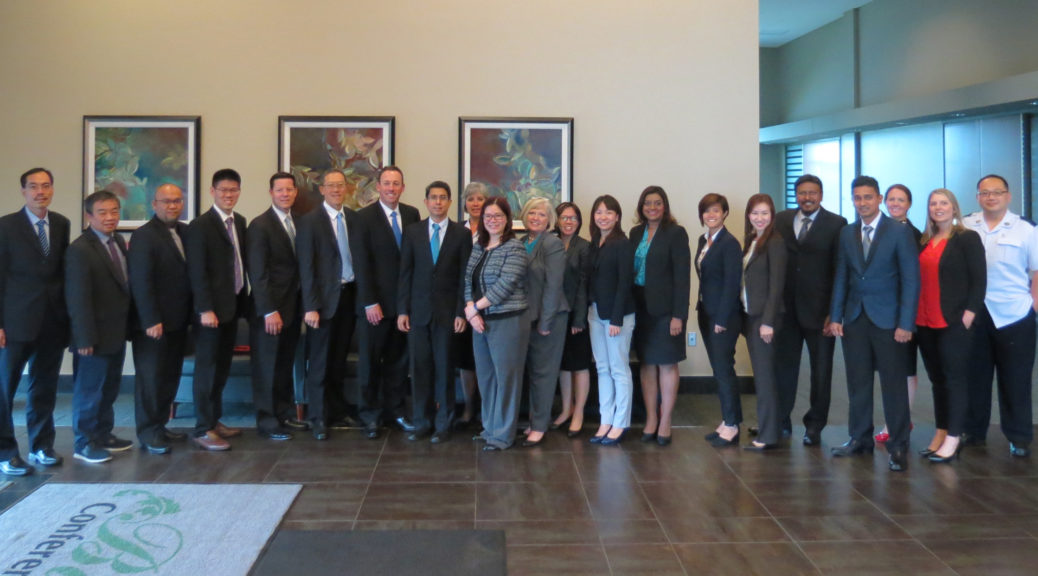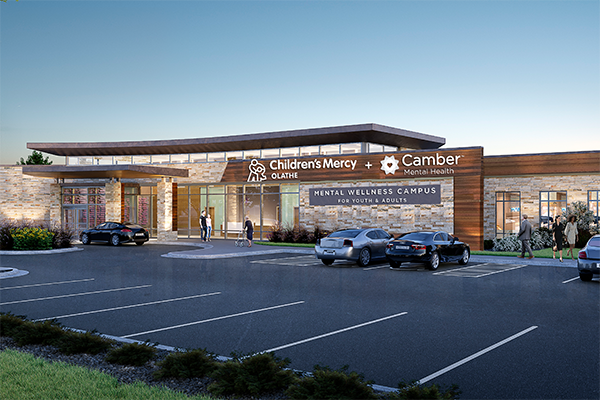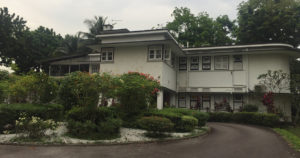Singapore Learns About Trauma-Informed Care from KVC Hospitals

Singapore, a sovereign city-state in Southeast Asia, is nearing the completion of a four-year partnership with KVC Health Systems and New York University’s Langone Medical Center. The partnership is focused on reducing Singapore’s use of congregate care for children such as large group care facilities and making the transition to community-based care, such as foster families.
KVC’s partnership with Singapore was also designed to enhance Singapore’s child welfare system by expanding training strategies for social work staff and parents, reintegration strategies for children and their families, specialized services for children, the use of evidence-based tools such as Trauma Systems Therapy (TST), and the capabilities of community-based supports.
One fact that prompted the partnership was that 70% of the children and youth in Singapore’s foster care system were living in congregate residential homes such as large group care facilities, yet research shows that children grow better in the context of a family.
In Kansas, KVC helped safely reduce the congregate care rate from 30% in 1996 to less than 4% just a few years later and has continued to promote family supports in child welfare throughout all of its locations.
Through the partnership, Singapore’s Ministry of Family and Social Development received consulting and training from KVC Health Systems that included the implementation of the comprehensive Trauma Systems Therapy model for treating traumatic stress in four pilot sites, intensive on-site trainings for sector providers, and hosting of three delegations from Singapore to review child welfare and residential best practices in the United States.
“As we teach, we challenge each other to become more creative and innovative in our treatment and tools,” said Sara Schlagel, Director of Program Services at KVC Prairie Ridge Hosptial. “Just as we teach them, they teach us. I find my cultural competency growing as my thoughts and perceptions are challenged and expanded. I’m incredibly grateful for this growth opportunity.”
As part of training, KVC Hospitals has shared how they use Emotion Regulation Drills to help youth learn about their emotions and how to manage them when they become upset or angry. Emotion Regulation Drills are used at KVC Hospitals in both the hospital and residential treatment programs, giving youth a fun way to practice breathing techniques, build trust and ways to stay calm in situations.
“It’s a fun time doing Emotion Regulation Drills with the Singapore staff and the kids because it’s something new and different,” said Schlagel. “These drills are able to provide direct care staff with a unique opportunity to connect with the kids while also having fun and building skills that can follow them throughout their life.”
Singapore has made great strides throughout the partnership by creating safer and healthier environments and supports for youth. They have significantly increased the number of foster homes and community-based and family preservation services to keep youth in their communities and out of residential centers. They have developed sustainable, trauma-informed therapeutic residential treatment programs and have sector-wide strategies to address and mitigate the impact of trauma and adversity.
KVC and Singapore will continue their partnership to improve the systems of care and are planning for additional pilot sites in 2019, as well as continue additional projects with residential partners.
Learn more about KVC’s Neuroscience initiative focusing on healthy brain development.






